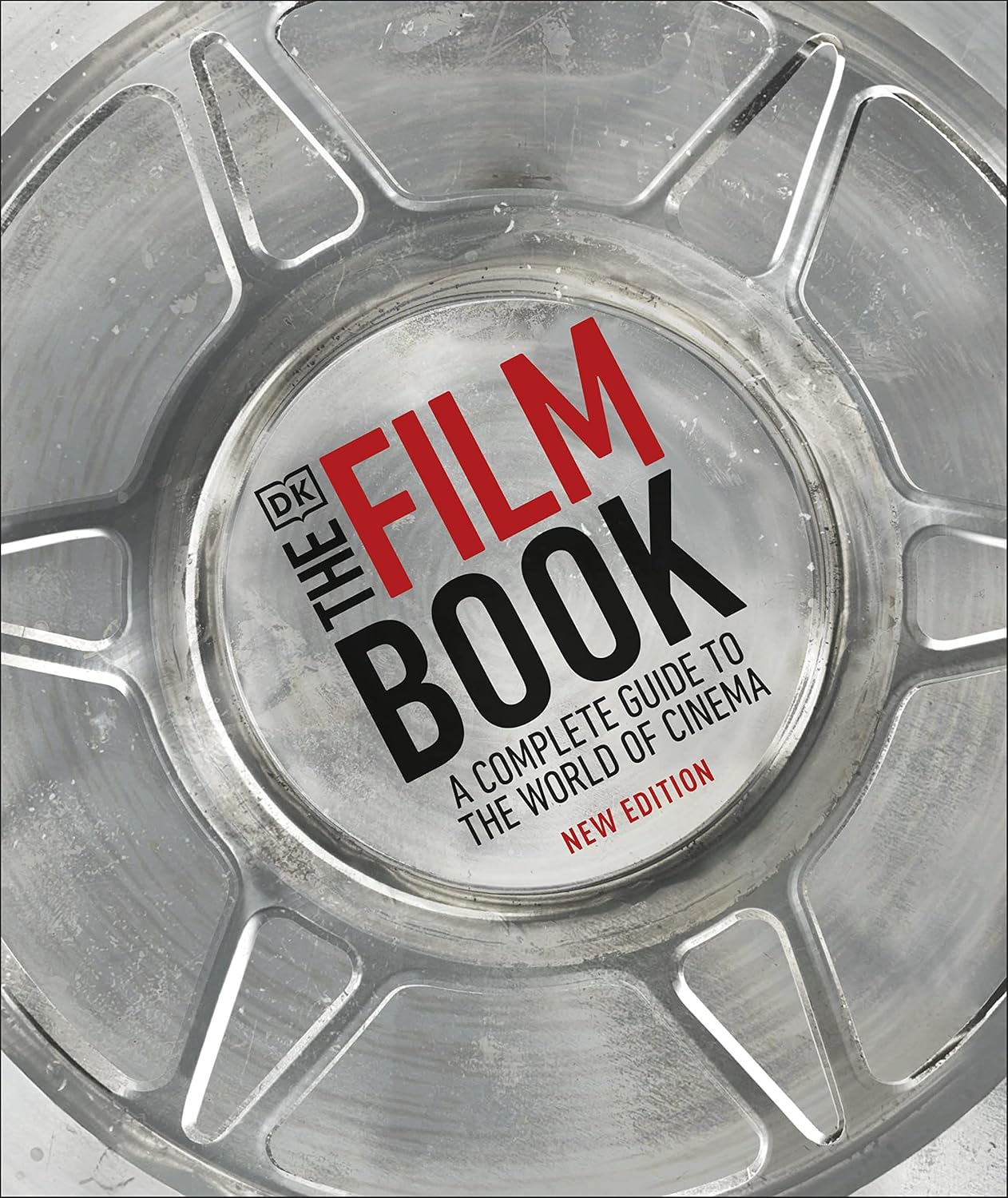About this deal
I first encountered Durgnat’s seminal book by proxy in the stirring poetic quotes from it that turned up regularly in the reviews of old British films in London listings magazines. Published to accompany a BFI documentary, this is a beautifully illustrated and very sharp-eyed tour through a century of American cinema by a true obsessive. For US critics of a certain age this is the most obvious choice, but there is no overestimating the impact its English-language exploration of auteur theory had on serious filmgoers and critics. Also, in French: Nul mieux que Godard, an anthology published by Cahiers du cinéma on Godard and edited by Bergala. Two essays from the 1940s are irreplaceable, ‘The Ontology of the Photographic Image’ and ‘The Myth of Total Cinema’, both setting film in art’s longue durée.
Frank Kermode defined the ‘classic’ in literature as a work that can be endlessly re-interpreted, according to the needs and interests of successive generations. Journalist-critic heroes play out, on a weekly or even daily basis, the tension between the pressure to publish an instant response and the background resource of a lifetime’s reflection. A comprehensive, fun-to-browse, and easy-to-use source of everything you want to know about the movies and the people behind them, The Film Book is a unique treasure trove of a guide that will appeal to anyone who loves movies. It's become a catchword often hurled unfairly at women with ambition, but it also accurately describes the kind of earnest yet hollow striving we see in so many people, no matter their gender, today. Reception studies have made film audiences increasingly visible, while surveys track trends and policymakers gather information about audience preferences and demographics.
Apart from conveying what it felt like to be at the top of the game (and sliding to the bottom in the second, equally fascinating volume, Million Dollar Movie), it also provides dozens of shrewd judgements on film-makers who are only now being discovered. This was my first exposure to the complexity, provocation and sometimes perversity of this French critic, a champion of cinephilic promiscuity and a brilliant expander of small, seemingly inconspicuous details into troubling symptoms. A terrific piece of journalism and a landmark in the history of American non-fiction writing, this look at how John Huston made The Red Badge of Courage remains the ultimate Hollywood behind-the-scenes story. Emerging from Filmkritik magazine in the late 1950s, this lively pair shaped much future German-language film culture to come with their analyses, programming, teaching and restoration work. But the whole sweep of Russian cinema up to the years just after Stalin’s death are vividly chronicled by Leyda.
e. disinterested in spheres like documentary cinema, the avant garde, sponsored films, amateur praxis, etc, which we consider all equal in importance and interest. First published in 1988, and thus the only one of my choices not first published in the 1960s (showing my age).The value of the late Gösta Werner’s work lies in its author’s age: he was old enough to have seen many a Stiller work now (considered) lost, meaning his memories are probably as close as we’ll ever get to these films. Jane Austen's novel, about a spoiled heiress who amuses herself by meddling in the lives of her neighbors, has been adapted to film before. Your payment method will be charged immediately, and the product is expected to ship on or around October 8, 2019. Through his sophisticated apologia for melodrama, a despised genre was propelled into the academic spotlight where it has remained ever since.
Douglas Sirk’s erudite exchanges with Halliday in 1971 turned his previous reputation as a merchant of lachrymose piffle upside down by revealing he had been a cool ironist all along.
It leaves out Phyllis Calvert and includes Audie Murphy, which enrages me, but I read it from cover to cover. James Baldwin's 1974 novel If Beale Street Could Talk, about a young woman trying to clear the name of her boyfriend after he was wrongfully accused of a crime in New York, is an incredible read. It leaves no room to mention Ray Durgnat’s crucial book, A Mirror for England, that staked a claim for British cinema when few film enthusiasts in Britain cared; or Rachael Low’s pioneering seven-volume history of British cinema from the very beginning to, alas, only 1939, although Low is a treasure trove of discoveries still being made.
One that got away: Hugh Fordin’s MGM’s Greatest Musicals: The Arthur Freed Unit (Da Capo, 1996), which I lent to someone in 1976 and never saw again.
Three rules for great novels about film: 1) they needn’t be ‘great novels’; 2) they should concern themselves less with the intrigues of filmmaking than with cinema as a metaphor for the modern condition; 3) they must remain resolutely unfilmable. You can change your choices at any time by visiting Cookie preferences, as described in the Cookie notice. To calculate the overall star rating and percentage breakdown by star, we don’t use a simple average.
 Great Deal
Great Deal 